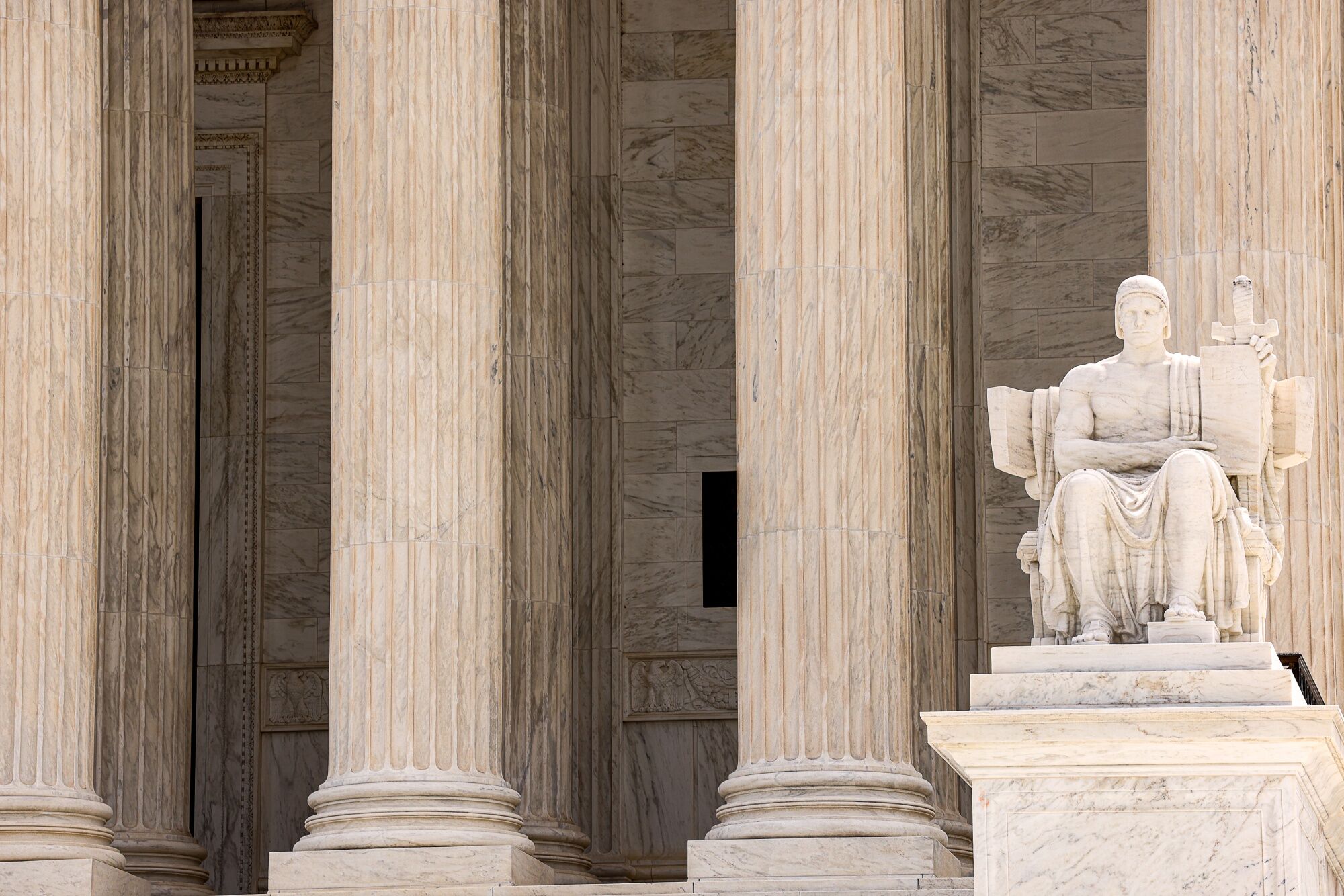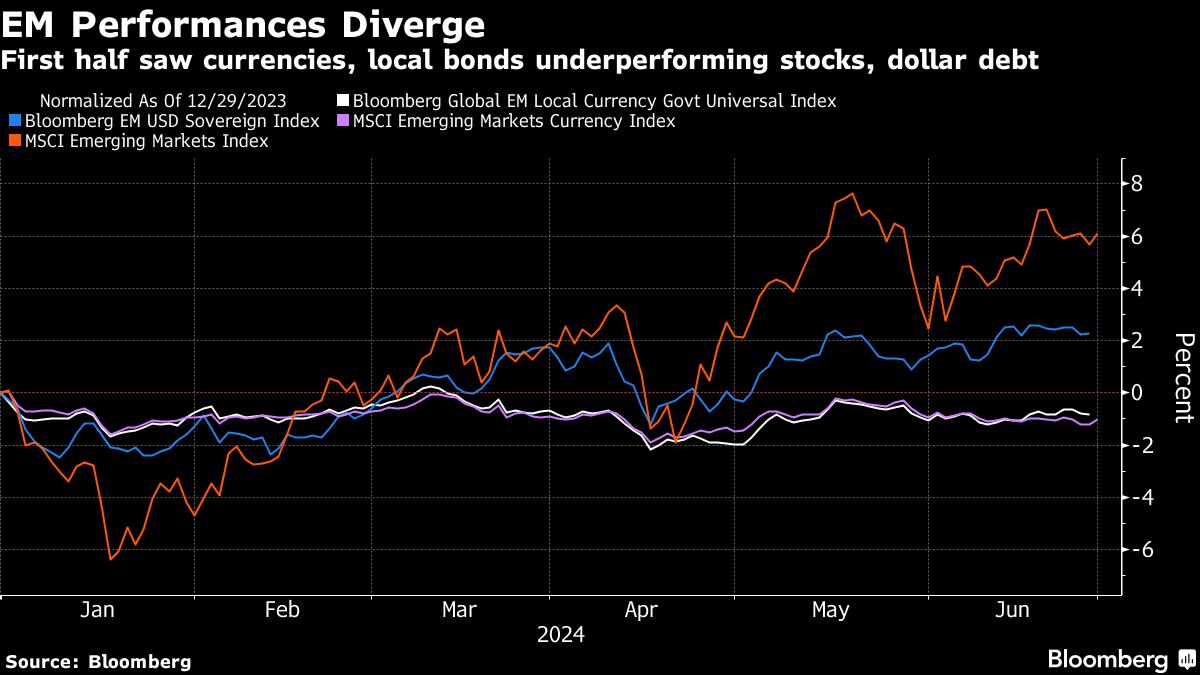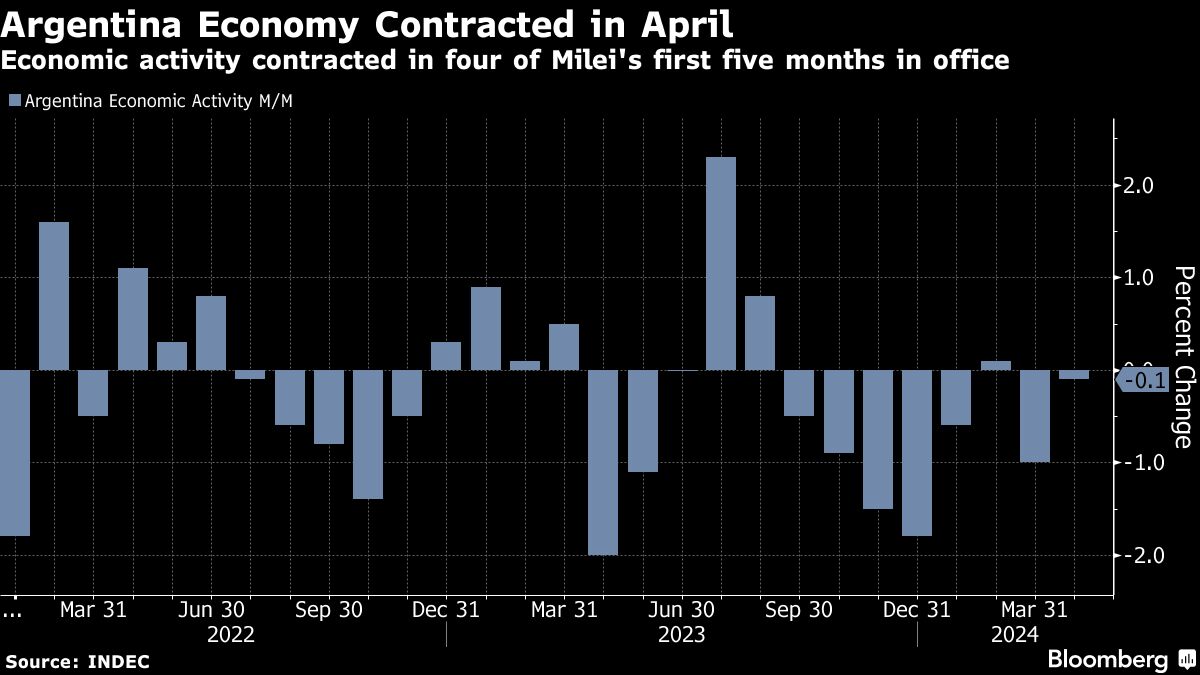
BRAZIL UNVEILS GLOBAL BILLIONAIRE TAX PLAN THAT HAS SPLIT G-20
(Bloomberg) -- The US has dismissed it. Germany is skeptical. And France is suddenly facing an uncertain future that could threaten its own efforts to champion the idea.
French economist Gabriel Zucman on Tuesday detailed his plan to create a global minimum tax on billionaires, a centerpiece of Brazil’s yearlong Group of 20 nations presidency that is facing steep challenges in a tumultuous international climate dominated by contentious elections and two major wars.
Zucman’s proposal, commissioned by Brazil, calls for a 2% minimum tax that would hit about 3,000 of the world’s richest people, and is set for debate when G-20 finance ministers gather in Rio de Janeiro next month.
But while various governments have pitched proposals to soak the rich to shore up budgets and address inequality, building the consensus necessary to do so at the international level is already proving difficult.
The idea of a global tax on billionaires already split G-7 nations a month ago, after Germany expressed reservations and the Biden administration balked at specific aspects of the plan mentioned in a draft communique. G-20 finance chiefs, meanwhile, struggled to stay focused on economic affairs at their previous gathering in February, when Russia’s war in Ukraine and the Israel-Hamas conflict kept them from issuing a closing statement.
Since then, the success of nationalistic right-wing parties in European parliamentary elections has dealt potential blows to progressive economic ideas and the multilateral cooperation necessary to implement ideas like this one. Looming elections in France and the US that could lead to congressional victories for Marine Le Pen’s far-right party and Donald Trump’s return to the White House may further complicate matters — and have begun to consume the focus of both Emmanuel Macron and Joe Biden.
But President Luiz Inacio Lula da Silva’s government is nevertheless pushing forward with an idea it sees as vital to planetary battles against poverty and climate change — the primary aims of Brazil’s first stint as the G-20’s leader.
The plan could raise as much as $250 billion per year from the baseline 2% tax — measured in terms of wealth, not income — or even more at other rates Zucman considers, according to projections. It has already won the support of both wealthy and developing nations, including France, Spain and South Africa, which will assume the G-20 presidency from Brazil at the end of the year.
Zucman and top officials at Brazil’s finance ministry, meanwhile, insist that their efforts are meant to payoff over the long-term rather than immediately: As an example, they point to a years-long push to implement a 15% global minimum corporate tax that went into effect in January, with more than 140 countries on board.
Like that levy, Brazil’s billionaire tax is meant to offer a global solution to a problem that many nations have been unable to solve on their own, according to Zucman, an assistant professor at the University of California Berkeley who made his name by figuring out where the wealthy hide their money.
“Essentially everywhere, no matter the kind of anti-abuse provisions that governments try to implement, income tax fails to tax the super-rich,” he said in an interview ahead of the plan’s release.
Existing tax rules have faced backlash from both sides of the political spectrum for allowing loopholes that let the super-wealthy pay very little. What’s most worrying for the 37-year-old Zucman is that they’re having “a snowballing effect on wealth inequality.”
His proposal takes inspiration from the global corporate minimum tax developed by the OECD, an effort that began in the wake of the financial crisis as world leaders searched for a response to the factors that led to decades of widening wealth gaps.
That tax aims to ensure that multinational firms pay a minimum rate regardless of their jurisdiction. If a corporation pays less than 15% tax on profits in one country, other nations can charge a so-called top-up levy.
Zucman’s plan, detailed in an extensive report released Tuesday, calls for applying a similar top-up tax on billionaires to ensure they pay their fair share. It leaves it up to individual nations to determine how to reach the standard — whether through hikes to income taxes, new levies on wealth or unrealized capital gains, or other measures.
The plan is not a “one-size-fits-all policy,” Zucman said. “What is important is that we agree on the floor.”
Still, the comparisons to the corporate tax reform highlight the difficulties the plan may face. Even in a comparably friendlier climate for global collaboration, it took more than a decade to build consensus behind the corporate tax plan.
Assessing wealth and income for taxation purposes is also more difficult than doing so for corporate profits. Along with political support, Brazil’s plan will need to develop policy mechanisms that allow participating governments to collect from billionaires even when authorities in their home nations don’t want to, said Pascal Saint-Amans, who served as the chief broker for the global corporate tax deal for a decade.
“If you don’t do that, nobody’s going to move because you need to level the playing field,” said Saint-Amans, the former director of the OECD’s Centre for Tax Policy and Administration.
Zucman acknowledged that the current political atmosphere makes reaching consensus more difficult, but said recent tax reform shows change is possible even when it’s not there: He pointed again to the global corporate minimum tax’s ability to proceed even though the US Congress hasn’t ratified it, and said the aim of the current proposal is to win “critical commitments in as many countries as possible.”
But to get that support, Brazil may first need to prove that more modest reforms are possible, Saint-Amans said. Otherwise, the push risks ending with its G-20 presidency.
“The real challenge for the Brazilians is to keep it on the radar screen,” he said.
--With assistance from Jack Witzig and Beatriz Amat.
Most Read from Bloomberg
- YouTuber Dr Disrespect Was Allegedly Kicked Off Twitch for Messaging Minor
- VW Latches Onto Rivian in $5 Billion EV Pact to Regain Momentum
- Trump Could Actually Lose Florida. Here’s Why.
- Nvidia Rout Takes Breather as Traders Scour Charts for Support
- Julian Assange Leaves Court ‘Free Man,’ Ending 14-Year Drama
©2024 Bloomberg L.P.
2024-06-25T17:33:10Z dg43tfdfdgfd











